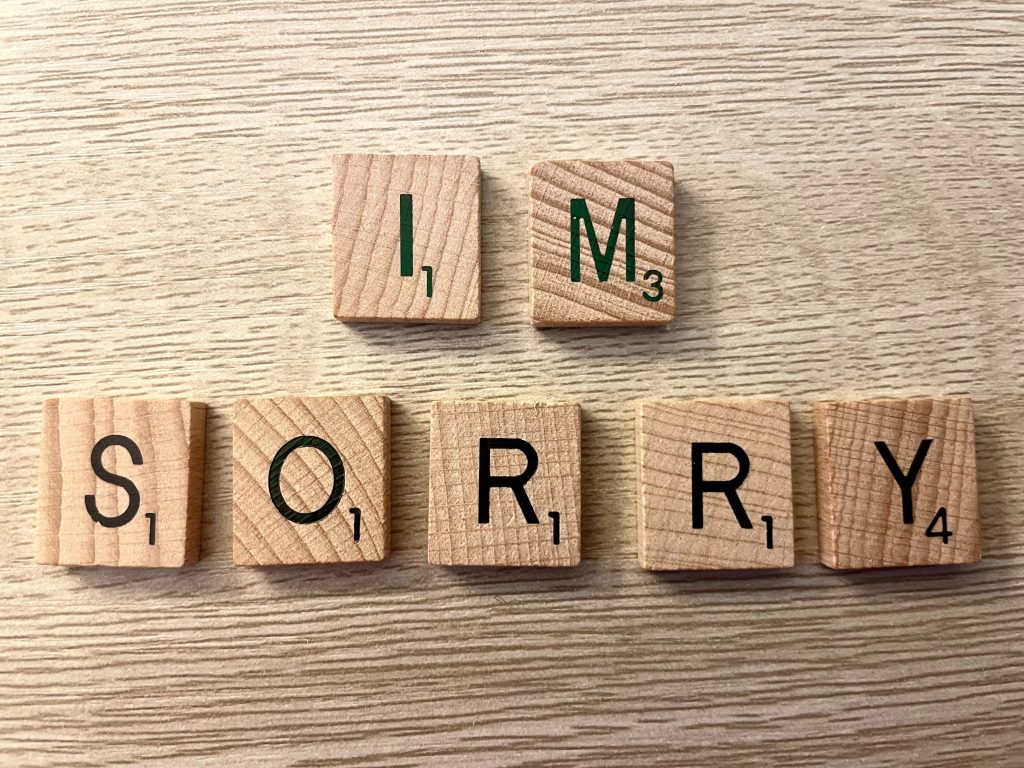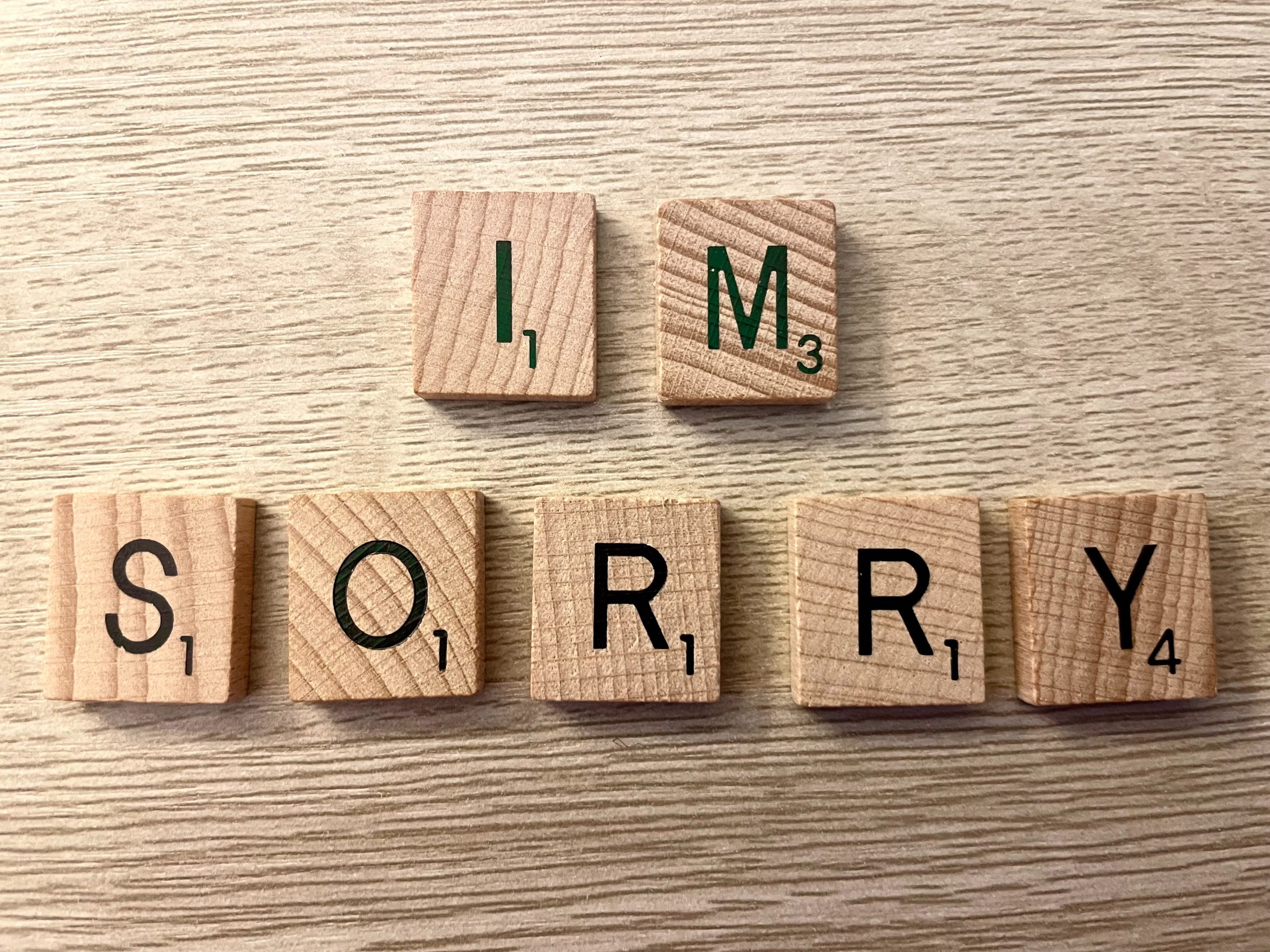Healing the hurt with patience
If we want to be forgiven, we need to wait. It might not happen today, tomorrow, or the next day.
Parents may feel they need to make up for lost time and experiences during the early stages of recovery. We’ve had a spiritual awakening and want to do as much as possible immediately. We also want to quickly fix all the damage we did while we were drinking or using drugs.
In the end, we make a list of all the people we hurt while we were drunk or high. Taking personal inventory, admitting our wrongdoing, and making amends to those we’ve hurt are essential to the Twelve Steps. There may be times when we want to speed up the process regarding our family and children. We should, however, slow it down.
We’ll likely want to make up for the harm our drug or alcohol abuse caused our kids after we take a fearless moral inventory of ourselves. But things might go differently than planned. The things our kids need to make things right depend on where they are in life, not where we are. We should meet our kids where they are; how we talk to them will change based on their age.
How do you make amends to young kids?
It might be tempting to get down on our knees, look them in the eyes, and give them a speech about what addiction is, how to make conscious contact with a Higher Power, and how to practise the Twelve Steps. But those details are too much for them to understand.
What we say should be easy, but what we do should be strong. An apology or a few simple words won’t change years of drug or alcohol abuse, after all. We have to show our kids that we are really trying to deal with our addiction, not just saying nice things about it.
Alcoholism and the Twelve Steps are not things that kids need to hear about. They need their parents back. We don’t have to give long speeches; we can just be mom or dad. In Twelve Step language, “fix” is another word for “amend.” It’s not the fix we were looking for back then; it’s a fix for a broken relationship. We don’t have to go back and say sorry for every birthday party we missed, every fight we started, or the years we weren’t there, either emotionally or physically. Let’s be their parents today.
We can also make things right by changing the things we did that hurt or harmed them, and we can let go of the guilt that would only make us want to use it again.
It is also vital to make up for our mistakes and tell our kids we will never hurt them again. But it’s also important to let them guide us and pick the path that makes our kids feel safe and happy.

How do you make amends to older kids?
Our older kids will understand better when we talk about addiction and how it affects us, but that doesn’t mean we should spend a lot of time on it.
We should keep things short and sweet when we want to make things right with older kids. We can tell our kids we’re having a problem and working to get healthier. And we’ll be there for them as we get better. We don’t need to say sorry for a long time. Older kids remember things better and for longer than younger kids, so they must be patient. Even though we’re happy to be clean and in recovery, that doesn’t mean the kids can’t wait to talk about it. They might remember mean things we said or did during the blackout that we can’t even remember. Remember that it could be months or years before older kids can forgive us and trust us again.
They didn’t have to help us get sober, and we shouldn’t have to speed up the process of them accepting us either. People may not forgive us when we want them to, but who are we to tell them when to do it? Like, “I got sober, so why won’t she talk to me?” It’s too easy for people with an addiction to blame people who aren’t at fault. Other people don’t have any duty or responsibility to help us get better. They may have had enough of seeing how addiction hurts us and our families. They might keep their hearts safe because they’re afraid we’ll slip up or say something hurtful.
The why doesn’t matter anymore. Let people we’ve hurt know we are getting better so they can trust us again. That will happen if our words and actions are the same.
Moving on from Making amends to Forgiving
We probably said we would get sober in the past, but then we would drink or use drugs again. Kids see things for what they are, not what we say they will be.
It’s possible that we don’t fully understand how much we hurt our kids until we make things right. Let them have the respect to feel how they feel. Our therapist has said that the early stages of recovery are like a caterpillar entering a chrysalis. Eventually, we should come out as butterflies. No one should touch the chrysalis of the butterfly to hurry it along. It will only hurt its chances in the long run.
Even though we may be improving, our family members might not believe it will last or be real. People around us have the right to go through the process at their own pace. It took us a while to fully commit to recovery after our chrysalis. Patience is needed for everything when you’re a parent. There is nothing we can do but get sober, be good, and wait.
Amends are not excuses; they’re ways of saying, “I’m sorry.”
It is important to remember why we are making amends before and after we do it. We’re not having to say sorry. We’re taking responsibility for what we did when we were addicted, and we’re starting a new chapter in our lives where those behaviours are no longer okay. We’re telling everyone, “My addiction made me act this way.” “I don’t like it, and it doesn’t show the healthy person I want to become.”
When we are addicted, we hurt the people we care about. We know that to be true, so don’t try to hide it. We also know that words can’t erase those painful memories. Just be the person we want to be and let people know that those addictive behaviours have no place in our lives from now on.
After that, we give other people room to hurt and heal, both now and in the near future. If we really want to make things right, we won’t do those things again and won’t be in a hurry for others to forgive us. We will accept the emotional consequences of our actions and work to improve our health so we don’t repeat them.

One last word about amends
Early recovery can be very frustrating and lonely, and when someone doesn’t seem to see the progress we’re making, we may feel rejected or angry. We need to be clear about what we need and what we want. For example, we may wish our kids and family to love, accept, and forgive us. We don’t have to fix everything right away to make amends. That comes with time, attending meetings, staying in touch with our therapist, working on our recovery, and building a relationship with a Higher Power.
Today, we can only show people our love, dedication, and patience. They will be given back at some point.
Freephone: 0800 140 4044
Local rate: 0300 330 3040
Contact us here to find out more

